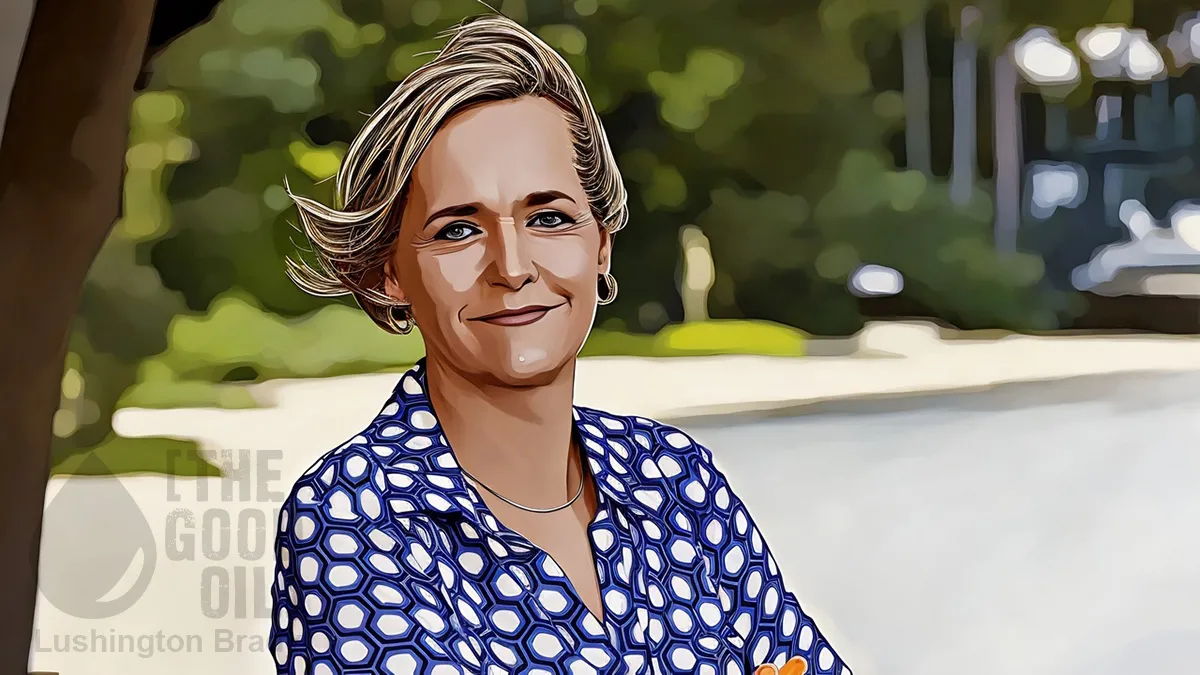Table of Contents
As we’ve recently learned, for all their skiting at today’s youngsters, it’s the Boomers who are the most narcissistic generation of snowflakes. Are they also the greediest?
Comedian George Carlin (born before the Boomers) certainly thought so: whiny, narcissistic, self-indulgent people with a simple philosophy: “GIMME IT, IT’S MINE!” As Carlin said, Boomers were given everything. Everything was handed to them. And they took it all.
And they’re not about to let a single penny slip from their wrinkled hands, if they can help it.
As the last of the boomers hit age 65, this time-rich, asset-heavy, and potentially well-organised interest group will form the frontline of puffer-jacket resistance to stop children of the 1970s, like Josh Frydenberg and Jim Chalmers, who will have no choice but to repair the budget and reinvent the economy.
While Western countries like Australia aren’t facing quite the bleak demographic future of China, we’re facing a tsunami of geriatric freeloaders.
Treasury’s fifth Intergenerational Report (IGR), released this week, presents a best-guess version of our 40-year fiscal and demographic horizon. It’s the frigid splash of water after a $300bn pandemic bender. The post-war baby bulge will see the old age-dependency ratio, working age people to those aged 65-plus, slide from 5.5 in 2000 to just above three this decade.
The graph lines on spending and population seem gentle but are inexorable: fewer taxpayers, health munching over one-quarter of the budget, spiralling aged care costs, deficits as persistent as gravity.
The hard reality is that the Boomers are going to have to cough up their share of the tax burden that will mostly be chewed up by their own healthcare. In their youth, they benefited from the wealthy, peaceful world order built with toil and blood by their parents and grandparents. Will they pass on the favour to their own descendants?
“The IGR shows the current tax system is not going to be sustainable,” Business Council chief executive Jennifer Westacott told reporters on a conference call this week. Tax reform does not simply mean lower rates, Westacott said, but optimising the tax mix so it is efficient and free of distortions, while addressing issues such as intergenerational equity.
The alternative is a nation that looks like a genteel care home: an economy shuffling in its orthopaedic runners, a society divided, less dynamic, living off past glories and carried by workers burdened with debt that was piled up in the lazy first half of the century. A nation in gilded repose. Think Canberra, without the night-life or Saturday sport.
If Australia is to build a sustainable future, the tax burden will need to shift away from its current heavy dependence on income taxes.
Sure, rich countries are entitled to opt for expensive medical technologies and lifesaving drugs, such as vaccines. We choose life, the longer the better. But it has to be paid for, by someone younger, which is okay to a point.
In its Living on Borrowed Time paper released after the IGR, the BCA proposes taxing the elderly to ease the tax squeeze on younger workers, arguing both wealth and income need to be taken into account when assessing the capacity of individuals to contribute to the cost of services.
“We must avoid the situation where an average earner struggling to get on the property ladder is subsidising the costs of a retired person who has millions of dollars’ worth of assets,” the BCA paper says[…]
The Grattan Institute’s chief executive Danielle Wood[ says…] “Tax-free superannuation income in retirement, refundable franking credits, and special tax offsets for seniors mean we now ask wealthy older Australians to contribute a lot less than we did[…]An older household earning $100,000 a year pays on average less than half the total tax of a working-age household earning the same amount.”
Sure, Boomers can argue that “I’ve worked hard for what I’ve got” – but… so what? The same argument can be made by everyone who pays tax. If we accept the argument that “taxes are the price we pay for a civil society”, then the argument is simply one of who pays more or less. The argument that a wealthy retiree should pay less than a struggling young family seems a hard one to sustain.
Given the ruthless fiscal pressure outlined in the IGR, and the political muscle of the “grey vote”, trimming social spending will be an arena for blood, sweat and tears. Who will be game to try? Prying away entitlements from warm, wrinkled hands will be a contest for the ages.
The Australian
Of course, there’s always the option of walking away from the tax and spend mindset altogether. Apply a rigorous asset-and-income test to all government benefits and healthcare, including aged care.
And then make pigs fly.
Please share this article so that others can discover The BFD









